Blinken on three-nation Africa tour to counteract Russian influence
US Secretary of State Antony Blinken is currently on a three-nation African tour, vying for US military, political and economic influence in the continent where Russia has gained a firm foothold in recent years.
On the second leg of his tour in Congo on Wednesday, Blinken met with the central African country's prime minister Jean-Michel Sama Lukonde in the capital Kinshasa. His next stop is going to be Rwanda.
On the first leg of his high-profile tour in South Africa on Monday, Blinken said the African nations have been treated as "instruments of other nations’ progress" rather than the "authors of their own", in remarks many see directed at Moscow.
Blinken said the US will launch a Global Fragility Act which "will make a decade-long investment in promoting more peaceful, more inclusive, more resilient societies in places where conditions are ripe for conflict".
South Africa and the US have long been at odds. The ruling National Congress party regularly issues declaration communique criticizing the White House.
Blinken’s South African counterpart, Naledi Pandor, has reiterated criticism of the Countering Malign Russian Activities in Africa Act, which she said could punish African countries for not aligning with the US on the issue of Ukraine.
She again slammed the draft bill going through the US congress, saying it could penalize African countries for not toeing the line on the Ukraine conflict - calling it an "offensive legislation".
South African President Cyril Ramaphosa has been an example of an unofficial supporter Moscow has managed to retain. Last month, Ramaphosa joined President Vladimir Putin for a meeting on the sidelines of a virtual summit of the BRICS group of countries.
Political observers say the underlying purpose of Blinken’s trip will be to try to contain Russian and Chinese geopolitical influence in Africa.
In his speech, Blinken reacted to Russia's claim that Western sanctions are to blame for rising grain prices, which are affecting Africa the most.
"Even before President Putin launched his full invasion, 193 million people around the world were in need of humanitarian food assistance," he said, adding that the US is supporting African countries affected by the war, whereas Russia is causing problems.
"The World Bank believes Russia's invasion could add another 40 million people to this unprecedented number. Most are in Africa," he remarked.
Since Russia launched its military operation in Ukraine in late February, the US and its allies have strongly lobbied for African support.
French President Emmanuel Macron recently visited Cameroon, Benin, and Guinea-Bissau in a bid to revitalize France’s relations with its former colonies where anti-French sentiments are running high.
Russian Foreign Minister Sergei Lavrov, who visited Egypt, Uganda, Ethiopia, and the Republic of Congo last month, said he focused on Africa’s “intrinsic value” to Russia as a trade partner. His five-day visit demonstrated that the West has been unable to isolate Russia diplomatically.
Over the past few years, Russia has built several military alliances with governments in African countries facing violent insurgencies, including Libya, Mali, Sudan, the Central African Republic (CAR), and Mozambique.
The West accuses Russia of having connections to the private military contractor Wagner Group, which has been active in counterinsurgency operations in countries such as Mali, CAR, and Libya. The Kremlin denies any links to the contractor.
Moscow's influence in Africa was on display in March when more than two dozen African countries decided to abstain during the UN vote to condemn Russia's operation inside Ukraine.
Since then, most African leaders have shown that they prefer to remain neutral. All have declined to join the Western sanctions against Russia and many have continued to do business with Moscow.
Many African countries have signed military cooperation deals, recruiting Russian private military contractors for internal conflicts, or negotiating mining deals or oil projects. Many have valued Russia’s role as the biggest source of weapons exports to Africa.
Under President Putin, Russia has been working to win support in Africa for several years, reinvigorating friendships that date back a half-century, when the Soviet Union backed many African movements fighting to end colonial rule.
Lavrov recently said his country supports reforming the UN Security Council to give a more powerful role to developing nations, including African countries.
'Gaza has won': Social media users react to ceasefire with mix of relief, joy
Iran seeks South Korea’s assistance for AI, fiber-optic projects
VIDEO | Iran's 'Eqtedar' (Power) maneuver
Israel hits HTS military target in Syria for 1st time since fall of Assad
VIDEO | Press TV's news headlines
Israel has slaughtered 13,000 students in Gaza, West Bank
VIDEO | More Zionist than Zionists: Biden’s legacy to be defined by Gaza genocide
Hamas confirms handing approval of Gaza ceasefire deal to mediators


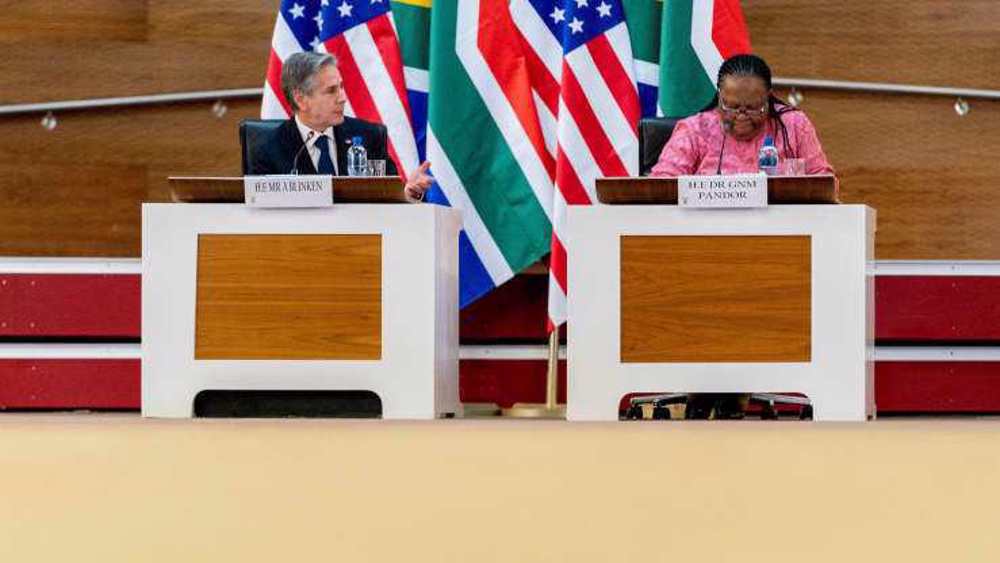
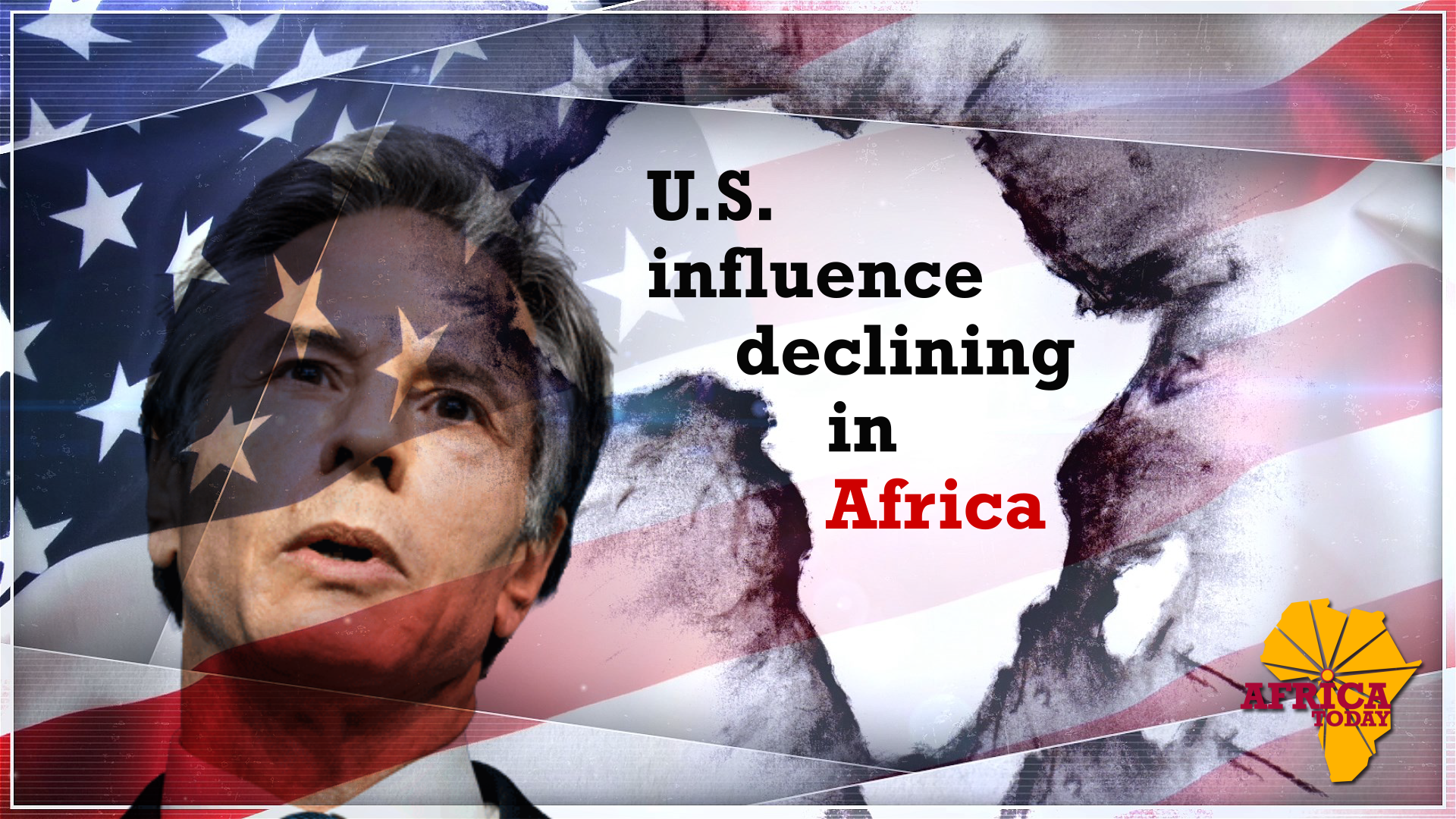
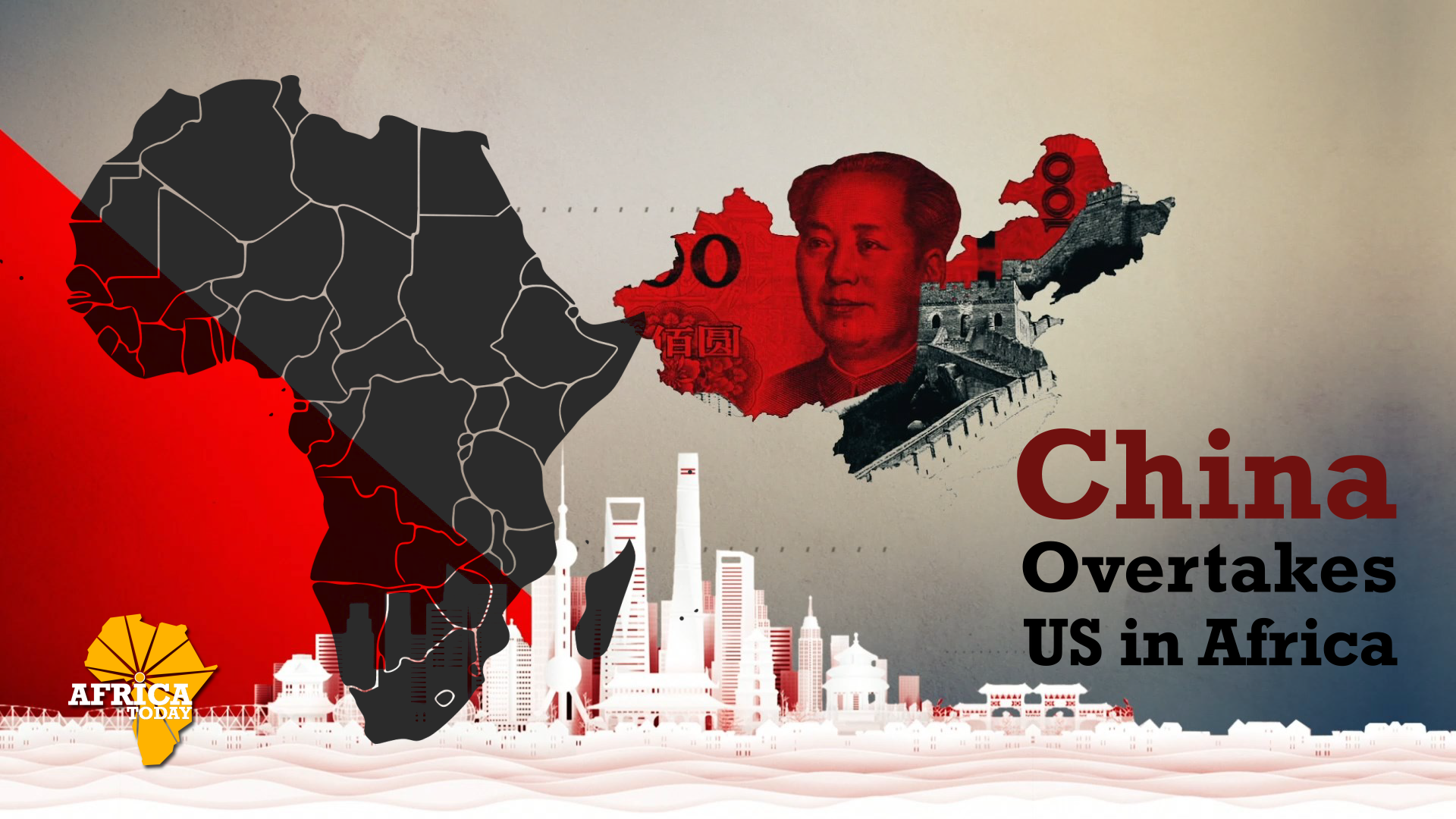
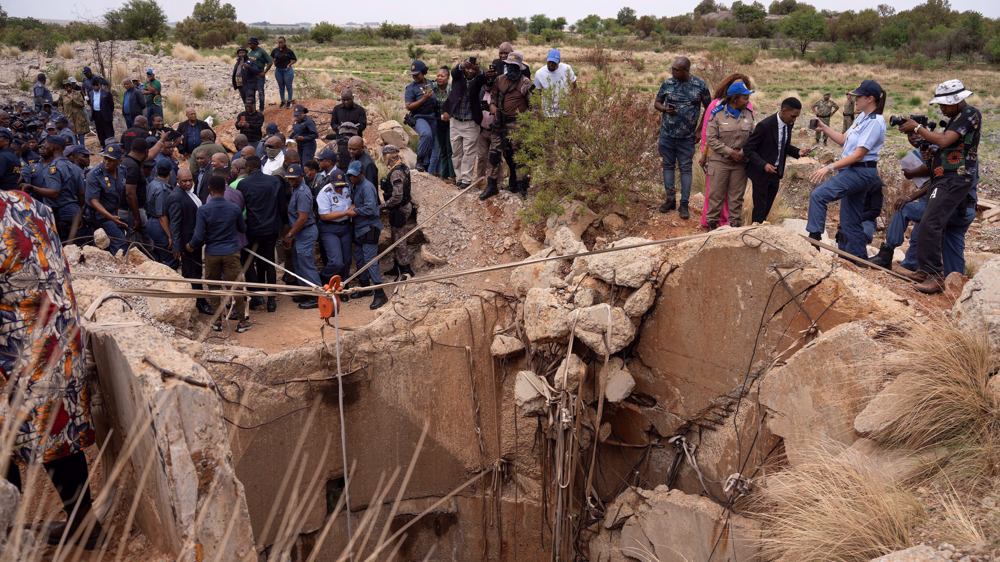
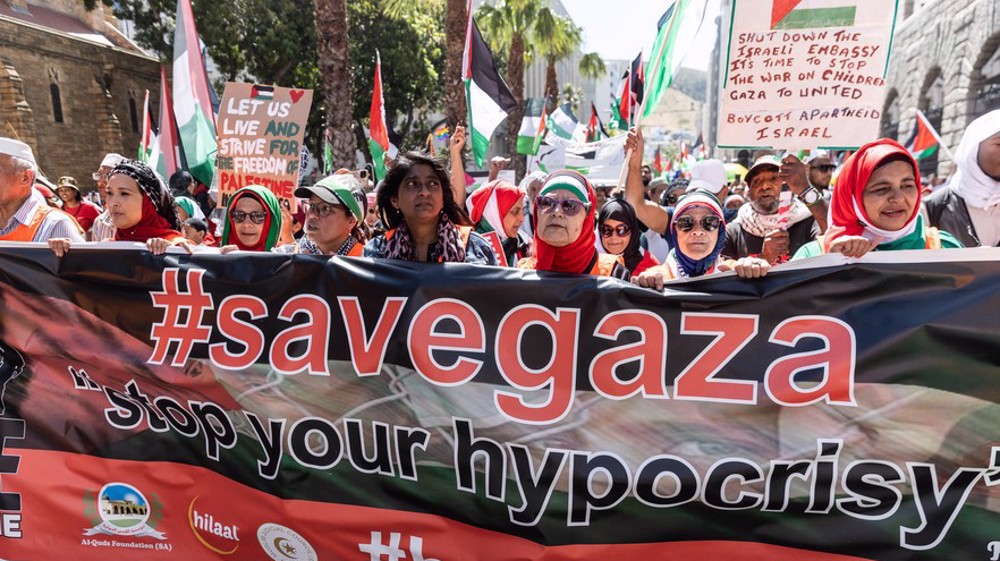
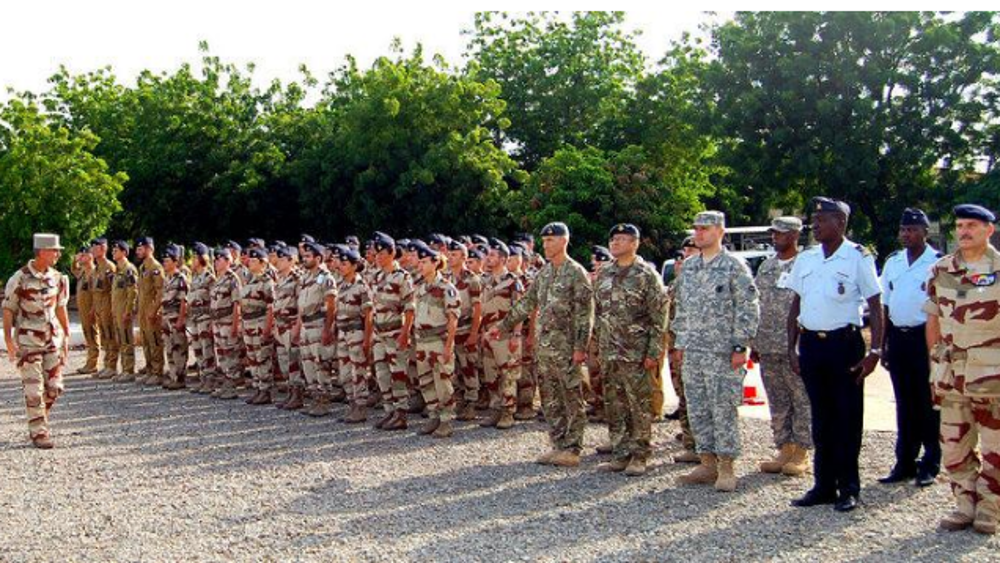



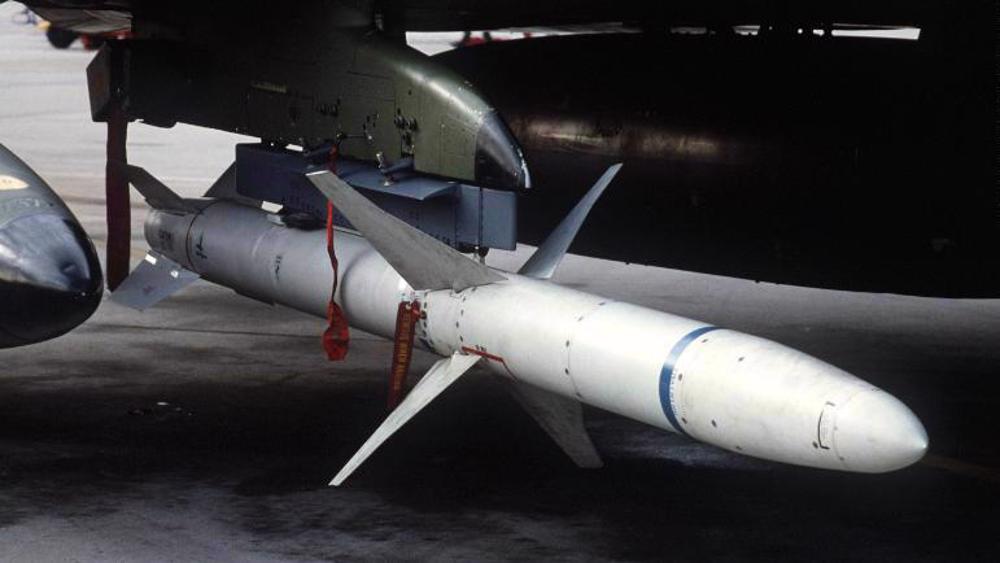
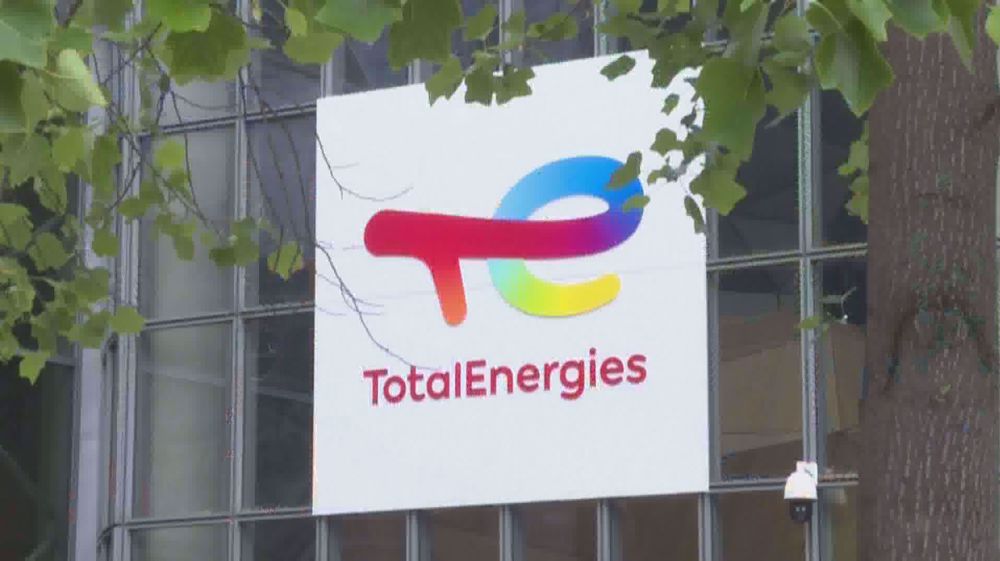
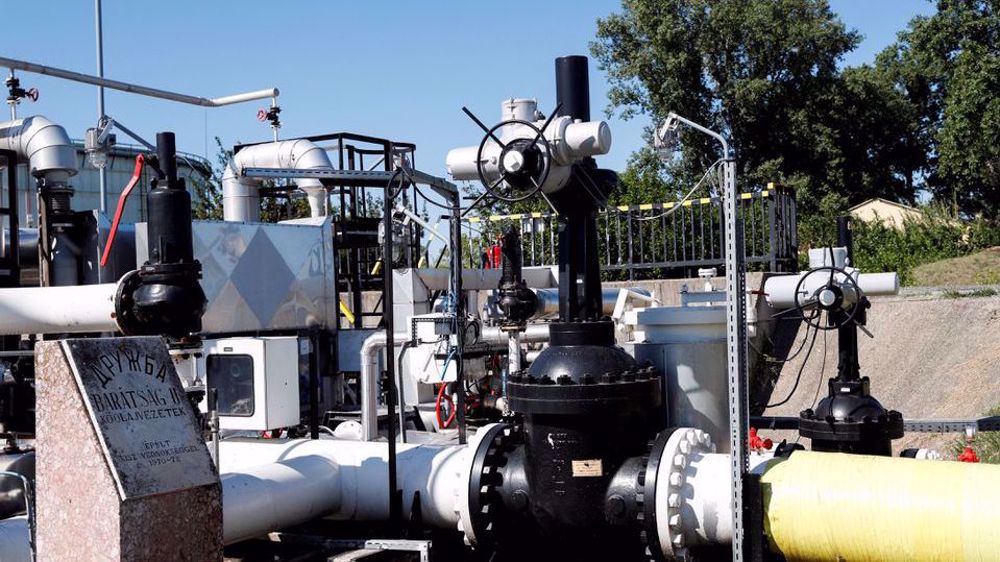
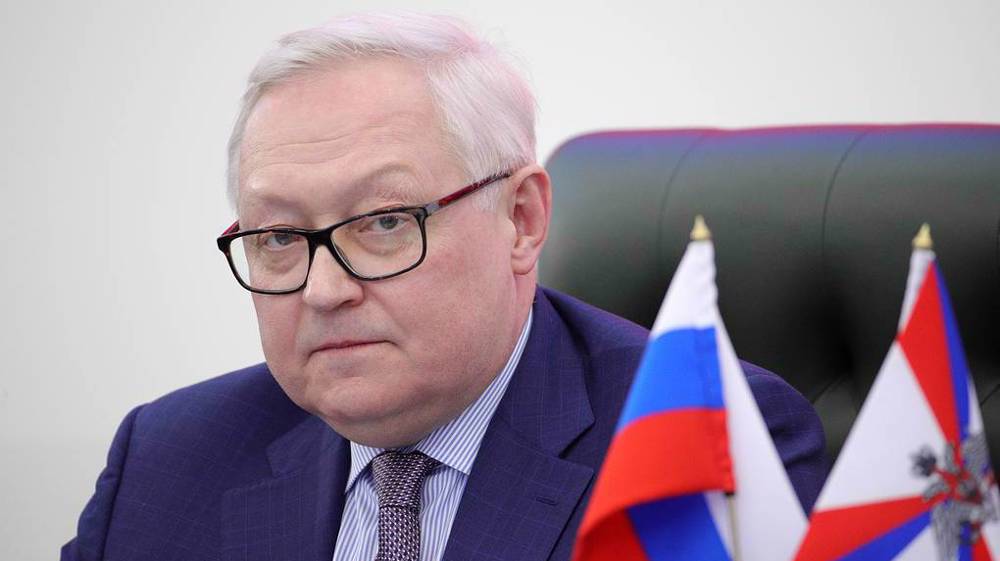
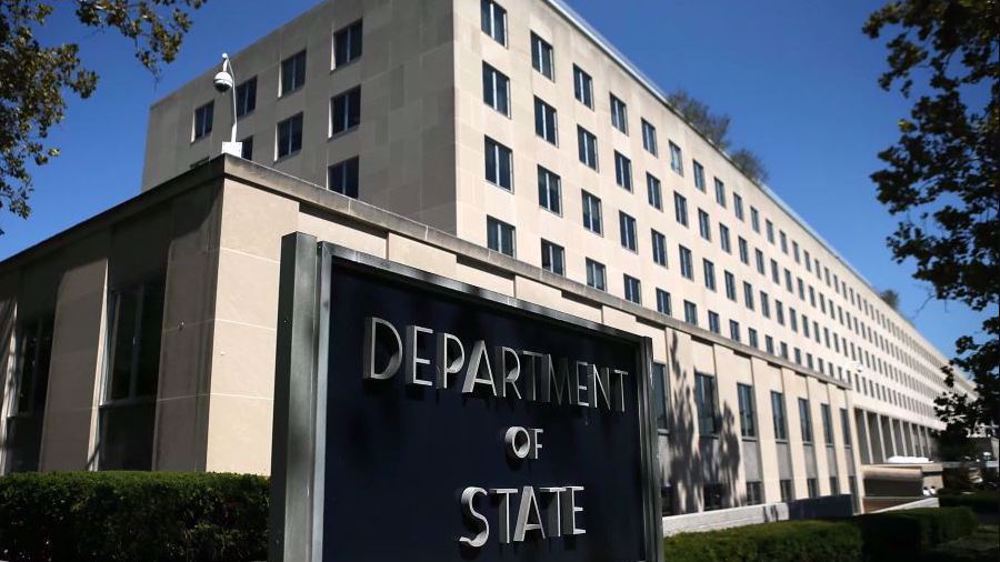

 This makes it easy to access the Press TV website
This makes it easy to access the Press TV website